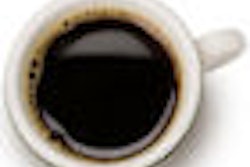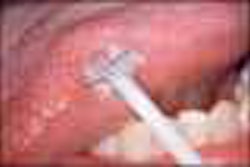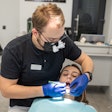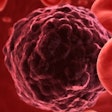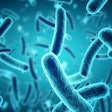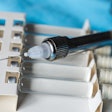Early oral cancer is notoriously difficult to diagnose, and the adjunctive cancer detection techniques on the market do not have enough data behind them to be considered effective, according to a new study (Journal of the American Dental Association, July 2008, Vol. 139, pp.896-905).
The authors conducted a systemic literature review to evaluate the effectiveness of toluidine blue (TB) , ViziLite Plus with TBlue, ViziLite, Microlux DL, Orascoptic DK, VELscope, and OralCDx brush biopsy. They looked at abstracted data relating to study design, sampling and characteristics of the study group, interventions, reported outcomes, and diagnostic accuracy of adjunctive aids from 23 articles.
"There is evidence that TB is effective as a diagnostic adjunct for use in high-risk populations and suspicious mucosal lesions," the authors noted. "OralCDx is useful in assessment of dysplastic changes in clinically suspicious lesions; however, there are insufficient data meeting the inclusion criteria to assess usefulness in innocuous mucosal lesions."
Overall, there is insufficient evidence to support or refute the use of visually based examination adjuncts, the authors concluded.





